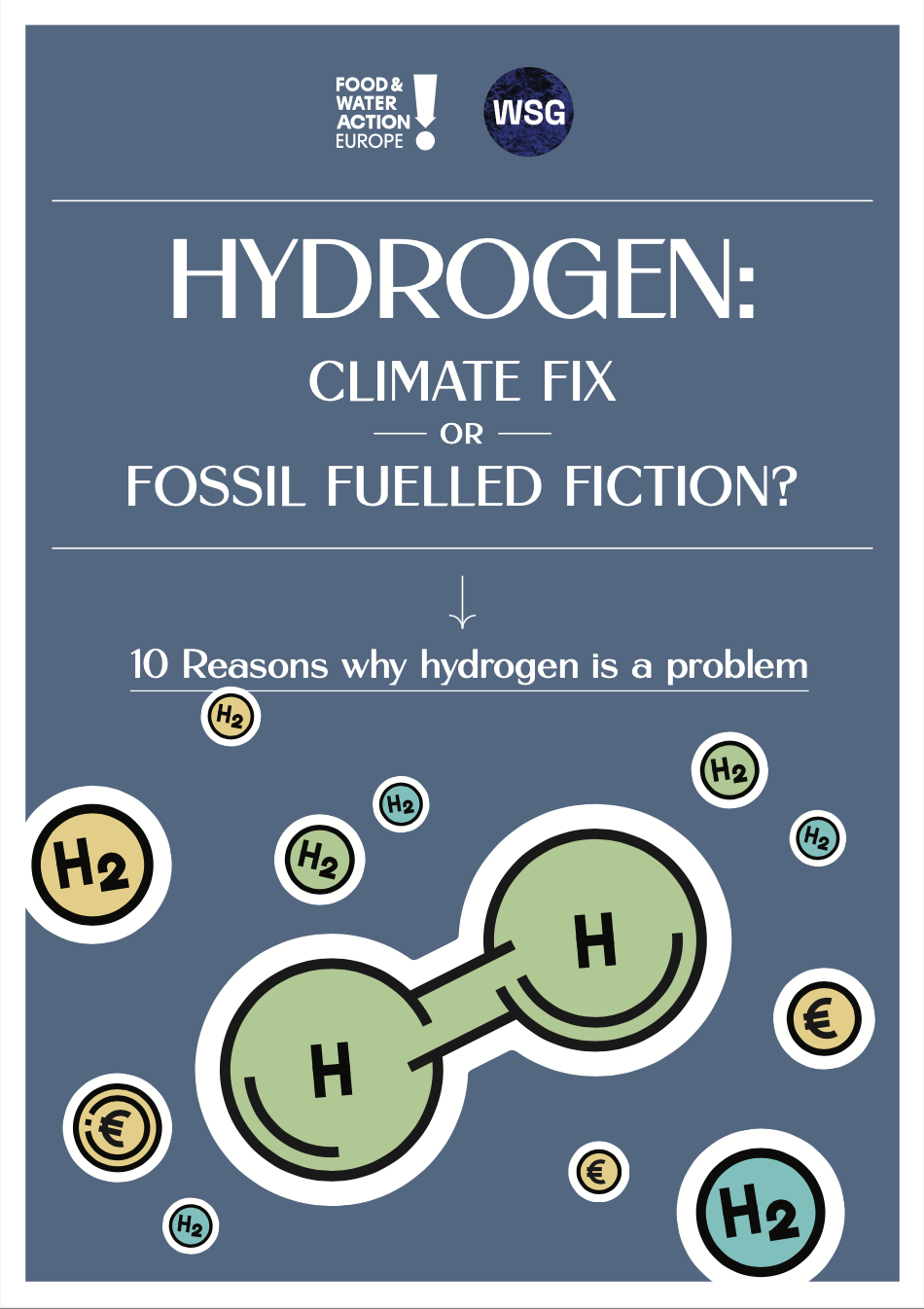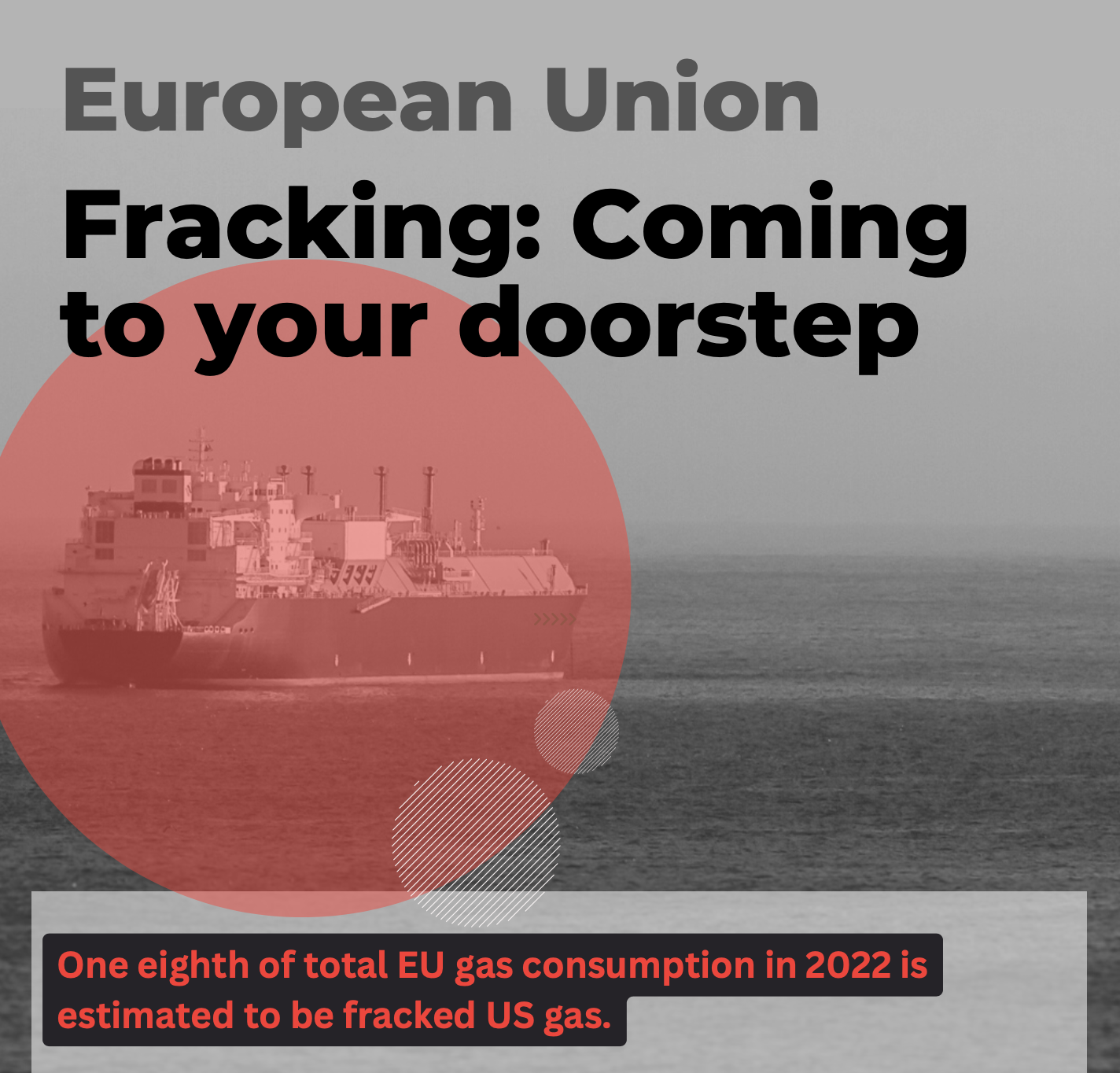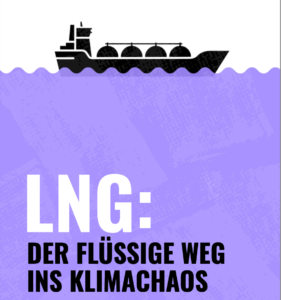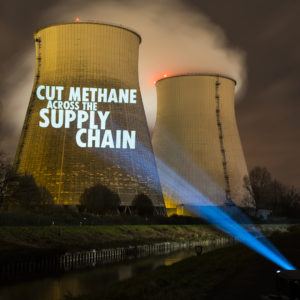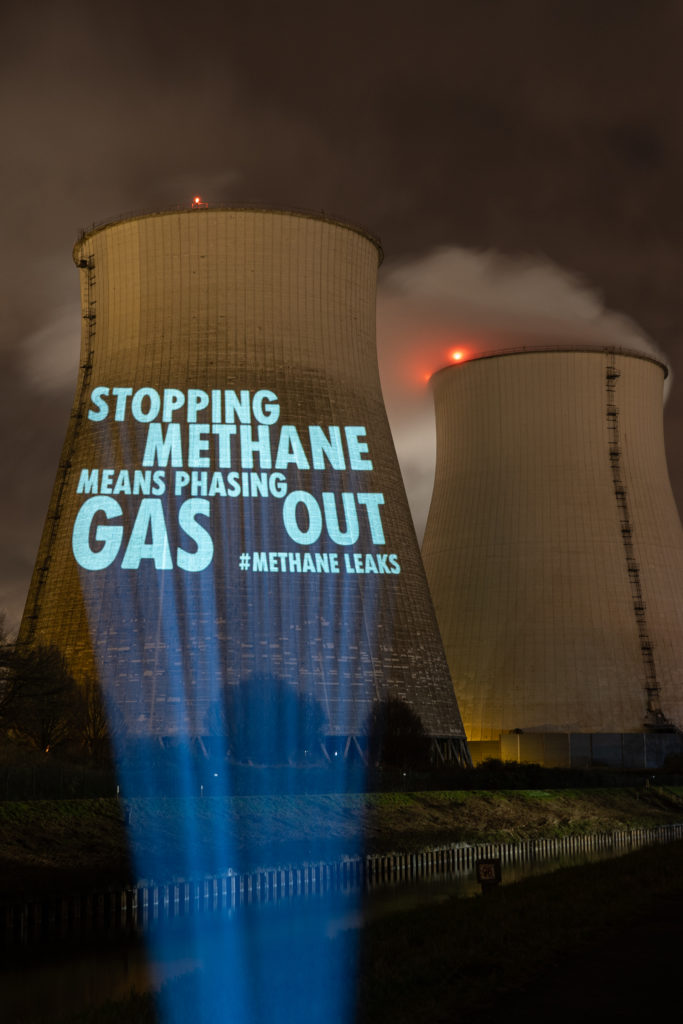Brussels, 25 October 2023 – Lobbyists for the fossil fuel industry have successfully pressed governments and the EU to undermine measures meant to reduce household bills, protect people from energy poverty and tax windfall profits during the energy crisis, new research from the Fossil Free Politics campaign and national partners shows.
Case studies from Italy, Spain, the Czech Republic, the UK and at the EU level in Brussels has revealed that the oil and gas companies profiting from the energy crisis have lobbied to weaken and delay windfall taxes, scupper protections for households struggling to pay, and even get clearance for new drilling.
Chloé Mikolajczak, Fossil Free Politics coalition co-ordinator said: “Europe’s addiction to fossil fuels has created this energy crisis, and the companies most responsible are lobbying to claw even more profit from it at the expense of households struggling to pay the skyrocketing bills. Asking oil companies to advise on this crisis is like asking a fox to consult on henhouse design. Politicians have a responsibility to protect people – from climate breakdown, and from corporate greed – so they have to put a firewall between their decisions and the companies behind this destruction.”
The research comes as the calls for a firewall between the fossil fuel industry and climate and energy policymaking become louder. Members of the European Parliament, from four political groups, today launched a new pledge for fossil free politics in Europe, with the aim of gathering more signatures towards the elections, and over 100 civil society organisations and trades unions published a declaration calling for the same. This comes after 100,000 signed a petition to kick the fossil fuel industry out of politics.
Key findings of the research
In Italy, where the government has appointed a fossil fuel lobbyist as an advisor, oil and gas giant ENI has used the crisis to secure more drilling and new liquified gas terminals.
In the Czech Republic, energy giant EPH used public threats, a powerful media empire and ties to the ruling political party to delay and weaken the windfall tax on excess profits.
In the UK, fossil fuel lobby group Offshore Energies UK used privileged access, parliamentary receptions and special advisory groups to ensure the windfall tax is weakened and full of loopholes.
In Spain, energy companies Endesa, Naturgy and Iberdrola have used a complex web of political, legal and PR manoeuvres, including a series of employees moving to or coming from Spain’s top legal civil servants, to fight measures that curb their profits and to make vulnerable families bear the financial burden instead of them.
At EU-level, oil and gas lobby group International Association of Oil & Gas Producers has lobbied – and been invited to advise – the European Commission, pushing for more fossil gas and other technologies to extend gas’s lifetime like unproven carbon capture or hydrogen infrastructure, advice that will keep bills high and Europe hooked on fossil fuels.
Follow Fossil Free Politics at: www.twitter.com/FossilFreeEU
Fossil Free Politics is a European-wide coalition which campaigns for a firewall between the fossil fuel industry and climate policy. It is coordinated by Corporate Europe Observatory, Food and Water Action Europe, Friends of the Earth Europe, Global Witness and Greenpeace EU.
EU Transparency Register: 461250348032-23
